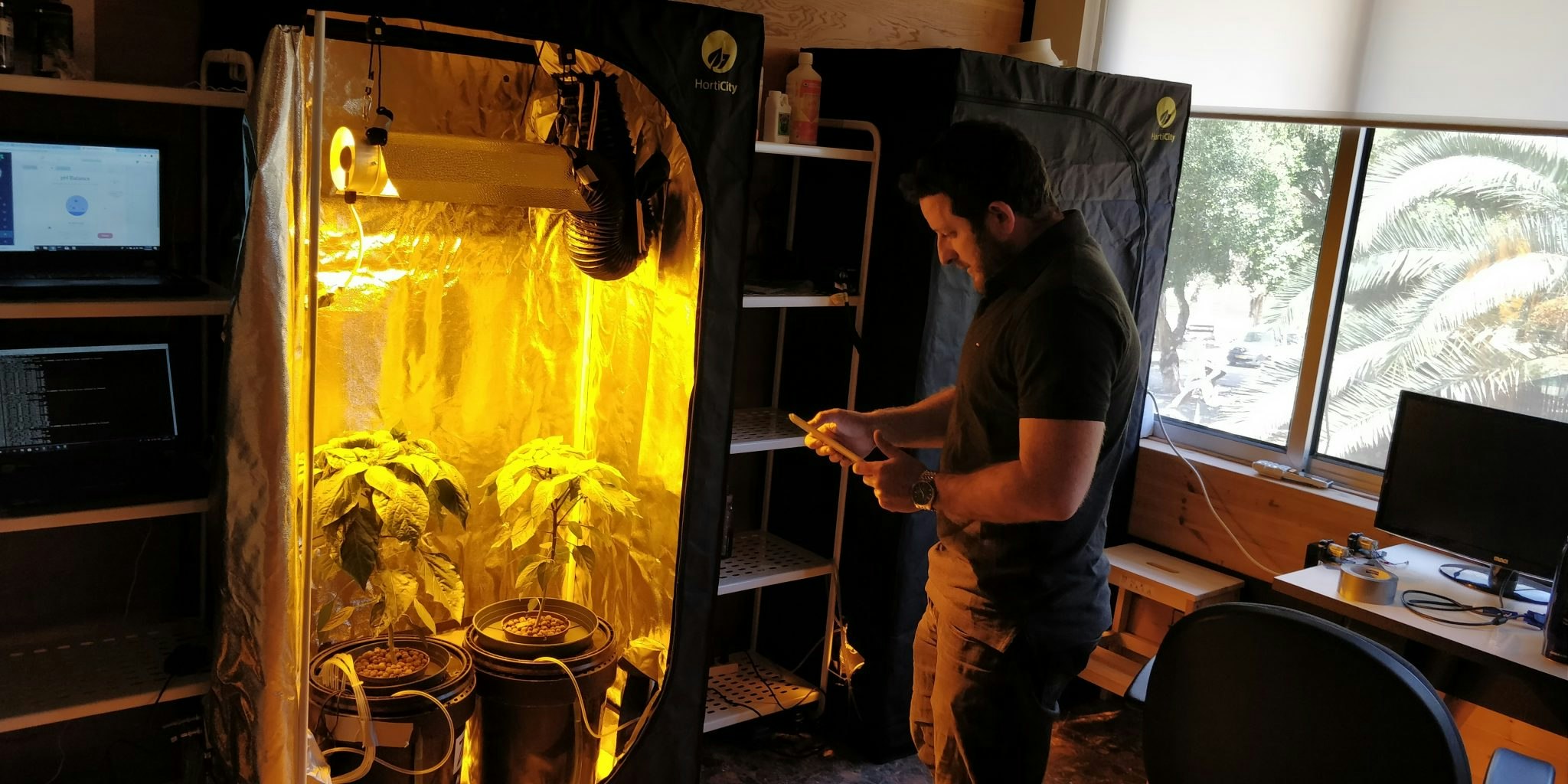For scaleups looking to expand, expanding into the Middle East and North Africa (MENA) could be a crucial next step. An EY report on Covid-19’s effect on MENA consumer habits says that while consumers are saving throughout the pandemic, 31% are optimistic for the future, continuing to spend on personal care and electronics, compared with 24% of global consumers.
Moving into MENA presents a unique set of cultural and market challenges for European founders, from deciding where to set up the first office to identifying local market opportunities.
We spoke with regional experts and scaleup founders who have successfully established outposts in MENA about the biggest hurdles they faced, and what their advice is for others wanting to make the leap.
1. Choose your entry point wisely
Business regulations vary considerably across MENA, and even between the Gulf states, so where you first establish yourself makes a huge difference to how you set up your business.
“Most (MENA) countries are a few hours away from each other by plane, but it can still be difficult to operate from one to another,” Ignacio Ramirez, the regional managing director of Winnow, a UK food waste solution scaleup that now has a presence in 10 countries across the region.

Founders should look to indexes and reports on particular regions to give an idea of what challenges and regulatory hurdles they’ll likely encounter. One example is the World Bank’s ‘Doing Business’ report, which indexes countries based on business regulations, regulatory outcomes, employment regulations — even how quickly it takes to set up electricity in a new office. The 2020 report says the UAE is the ‘easiest’ MENA country to do business in based on these factors, with Israel and Bahrain following just behind.
Most (MENA) countries are a few hours away from each other by plane, but it can still be difficult to operate from one to another.
Reports like ‘Doing Business’ can also provide practical information, like how easy it is to get visas in each country, which local procedures you’ll need when setting up an office and even where there might be the best market opportunities for your product. For example, recent reports show Saudi Arabia is seeing an increased demand for healthtech solutions to treat a rise in non-communicable diseases, like cardiovascular disease and diabetes — a good indicator for healthtech startups that new ventures are welcome.
Ramirez says market opportunity should be the biggest indicator of where scaleups should touch down first: “Consider where in MENA you want to locate your office if you are planning to open offices there. Where is your product or service going to work better, which country represents your biggest market opportunity?”
2. Think about mobile user experience
The number of smartphone users in MENA is dramatically increasing, rising from 86m in 2014 to 174m in 2019. Overall, 60% of internet access in MENA is through a mobile phone.
By 2025, an estimated 97.4% of people in the UAE will have a smartphone. Compare this with Italy, where an estimated 70% of people will have a smartphone by 2025, and the UK, where smartphone users are projected to make up 88.1% of the population by 2024.
Tech adoption is mobile-oriented, so having a high-quality mobile experience and an app that’s free for people to download was instrumental.
As well as being tech-savvy, MENA is young, with two-thirds of the region’s population being under 35.
Despite this, only 8% of MENA SMBs have an online platform, according to the World Economic Forum, creating a huge opportunity for scaleups to establish themselves digitally in the region.
Chris Sheldrick, cofounder and CEO of what3words, a UK-headquartered geocoding scaleup with a presence in Saudi Arabia, the UAE and Oman, told Sifted: “Smartphone penetration is high and many consumers use mobile apps to discover and be inspired, as well as carry out day-to-day tasks like shopping.”

Sheldrick says this was an integral factor to what3words’ success in the region: “Tech adoption is mobile-oriented, so having a high-quality mobile experience and an app that’s free for people to download was instrumental.”
3. It’s not what you know, but who you know
That age-old saying is true anywhere in the world, but it’s particularly relevant to MENA.
“Personal relationships are more important here than anywhere else in the world I’ve worked,” Ramirez told Sifted. “No matter how good your product is, if people don't like you and don't trust you, it won't work in this market.
“Take every opportunity that you have to network. People in this part of the world are open, friendly and looking to share experiences and help each other. Don’t underestimate how powerful building relationships can be.”
Sheldrick echoed Ramirez’s statements: “Relationship building is vital. It’s important to invest time and energy into learning about the region, immersing yourself in the [different] cultures and to be invested for the long term.”
Take every opportunity that you have to network. People in this part of the world are open, friendly and looking to share experiences and help each other.
For that reason, using startup accelerators can be a great way to make connections and take first steps into the market. Sara Koslinska, CEO of fintech scaleup Limitless, told Sifted that her scaleup broke into MENA through the Dubai International Financial Center accelerator, which was run in cooperation with Accenture. Winnow likewise launched in the UAE as a part of Dubai Future Accelerators in 2016.

Startup Sweden hosts AccessMENA, a free bootcamp based in Dubai looking to help female scaleup founders enter the MENA region. Part of AccessMENA’s programme includes private meetings with local investors, potential clients and partners, giving scaleups new to the region key contacts early on.
4. Don’t let misconceptions guide you
Women, contrary to what many may believe, play a key role in the startup and scaleup scene in MENA.
Dawn Nordenblank, project manager at Startup Sweden, who runs the AccessMENA programme, said: “The region is very entrepreneurial and so many women have started their own businesses, like Fetchr cofounder and serial entrepreneur Joy Ajlouny, Mai Medhat, CEO and cofounder of virtual event platform Eventtus and Elissa Freiha, founder of media platform Womena.”
“When people think about that region [they think about] those stereotypes, like women don’t enjoy the same freedoms as in the west — but that's not the case in reality.”
Koslinska said: “I think there are still many misconceptions about the position of women in the workplace in the Middle East, but I must say I had only good experiences working with men and women in Dubai, and later in Amman.”

“I probably experienced more respectful behaviour and more women in key positions than in many European countries.”
In fact, one in three startups in MENA are founded by women. In comparison, a 2018 report by Statista found the European country with the highest number of female-founded startups was Poland, with just under a quarter of startups founded by women.
I probably experienced more respectful behaviour and more women in key positions than in many European countries.
Ramirez also told Sifted that using local talent could be key to your business’ success — and ensuring your scaleup is diverse and full of locals is a brilliant way to challenge your assumptions about this diverse region.
If you're a tech scaleup with at least one woman founder looking to enter MENA, you can apply to Startup Sweden's free #AccessMENA program held in Dubai from 17-21 October. The application deadline is June 13! Learn more here.


